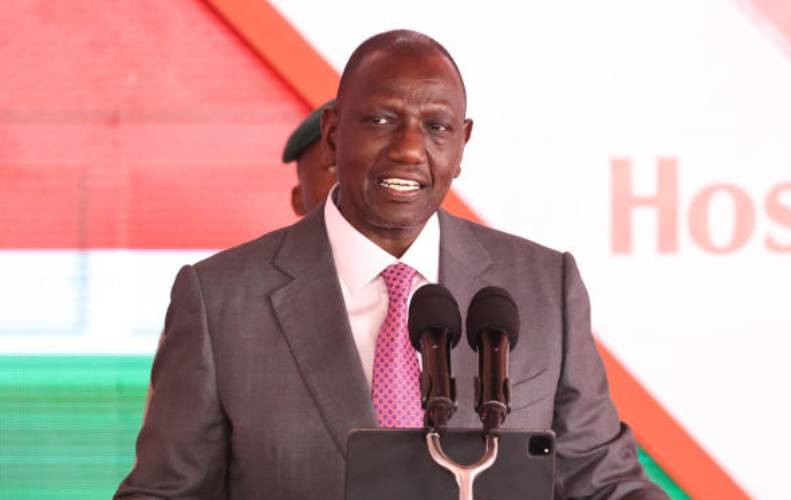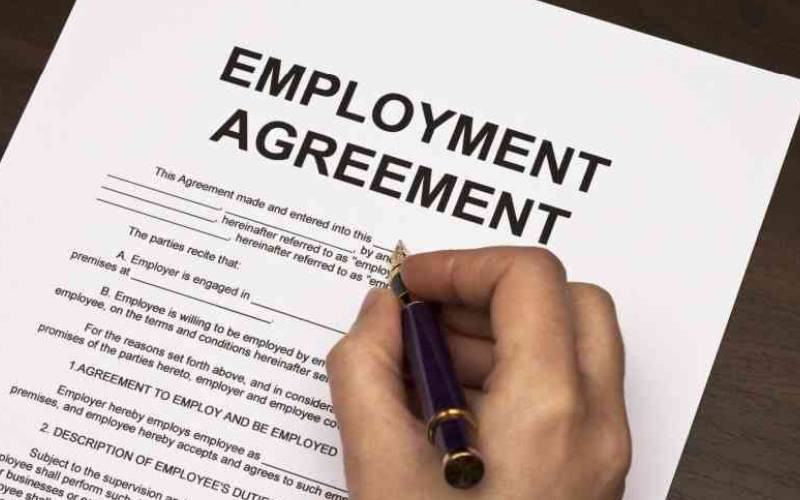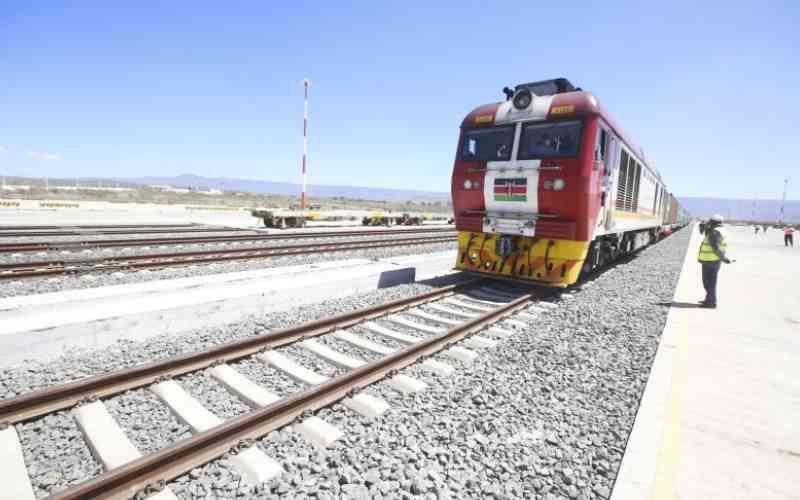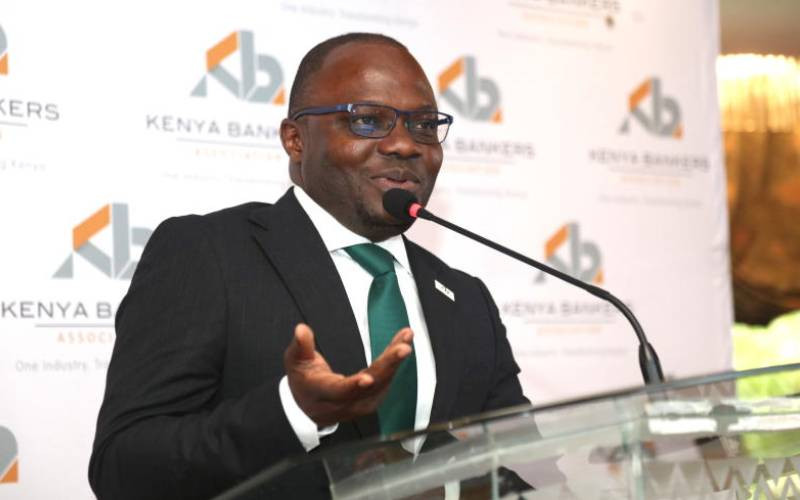×
The Standard e-Paper
Fearless, Trusted News

Kenya's current dollar shortage will ease in the coming weeks, President William Ruto has said.
Speaking on Wednesday, March 22, when he officiated the listing of Laptrust Reit at Nairobi Securities Exchange (NSE) in Nairobi, Ruto stated that the Government had taken measures to ensure dollar availability in the near future, breathing a sigh of relief to the country's declining forex reserve.







